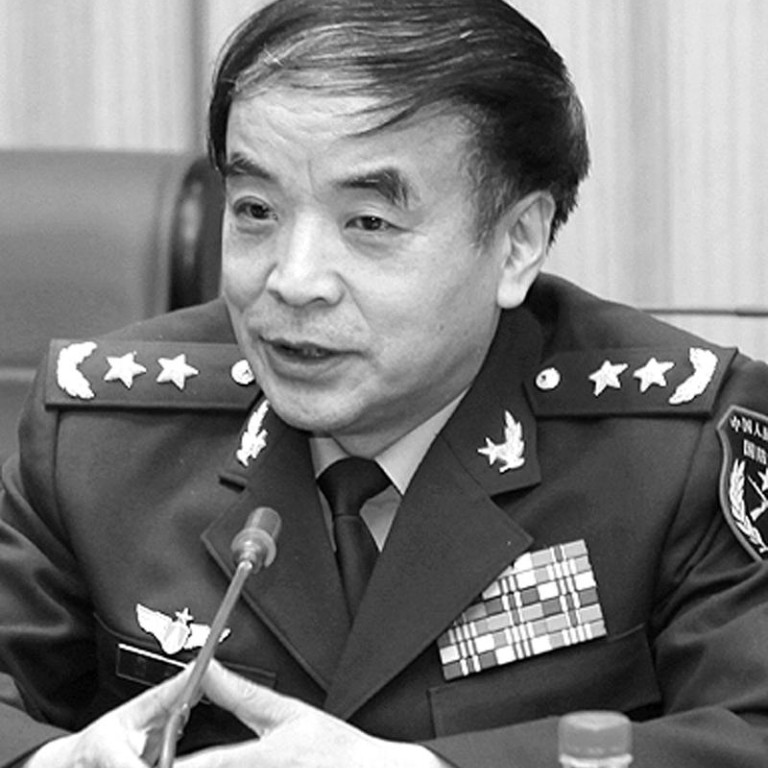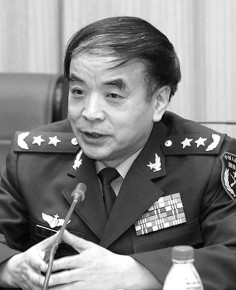
Shake off old ideas, general warns PLA, in veiled call for political reform
Liu Yazhou, in an apparent call for political reform, insists the army is at risk of becoming obsolete if it repeats the errors of the past
A liberal-leaning general has warned the military to embrace change or risk losing to international rivals in what analysts say is a veiled call for political reform.

Liu, who is political commissar at the National Defence University, argued that the refusal to set aside "old thinking" left the army at risk, despite huge advances in equipment and technology in recent years.
"The most backward army is not the poorly equipped one, but the one filled up with old thinking," Liu wrote. He called on the party to remove barriers to innovation and spend less time on political training and propaganda campaigns exaggerating the military's capabilities.
The army "should try hard to awake from its obsession with self-proclaimed glories, such as [China is] a 'resourceful superpower', and [the PLA is] a 'victory troop'," Liu said.
It is not the first time Liu - the son-in-law of late president Li Xiannian - has sounded the alarm for change in the country's institutions.
His 2004 essay "Western Theory" called on Beijing to enact political reform. Three years ago, he gave an interview to the in which he said China must embrace US-style democracy or risk a Soviet-style collapse.
This month, reported that Liu had published a "manifesto of military reform" in 2008 carrying a similar call for change in the PLA.
In this latest commentary, Liu steered clear of the sensitive term "democracy". Instead, he called on the Communist Party to seize what he said might be its last chance to push "military reform with Chinese characteristics".
He argued that such reform was consistent with President Xi Jinping's orders to "listen to the party, be capable of victory".
Ho Leong-leong, a Hong Kong-based political commentator, said Liu appeared to be using such slogans to help ensure party members heard his central point.
"The so-called Chinese characteristics in this article are just political rhetoric aimed at passing the censorship of the party's mouthpiece ," Ho said.
Ni Lexiong , a Shanghai-based military expert, also saw Liu's commentary as a call for political reform. It was warning that the military was heading for another humiliating defeat if it failed to make political reform part of its modernisation drive.
"Political reform will provide a sustainable political foundation to support military development, because both the US and Japan achieved great military achievements after they successfully set up democratic systems," Ni said.
Liu noted the Chinese military had missed out on the last two big revolutions on military technology: the widespread use of firearms in the 17th century and the mechanisation of warfare after the first world war.
He said military technology in such countries as the United States was now undergoing a similar revolution, with a greater focus on cyberwarfare and a shift to smaller military units that can be deployed quickly to any environment. Failing to recognise such changes would be to repeat the mistakes of the Qing dynasty.
The authorities "would inevitably face resistance, risk, unrest and cost," he said. "If [leaders] take [political] cost and risk too seriously, they will be overcautious and indecisive and miss their last historic opportunity."
Antony Wong Dong, a Macau-based military expert, said Liu's articles could be seen as an attempt to scare the party into introducing political reform.

